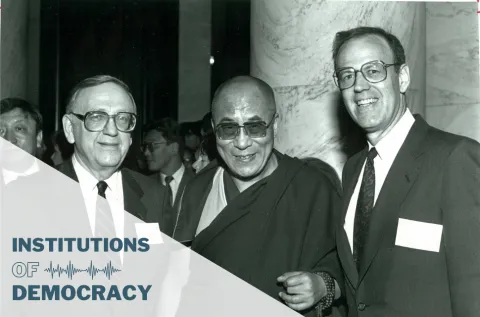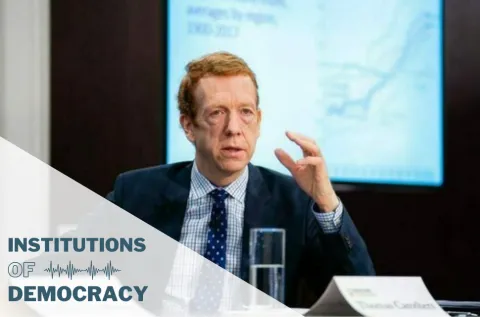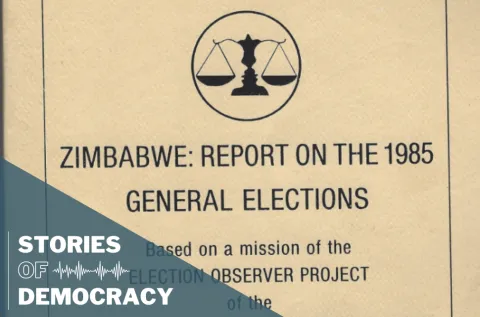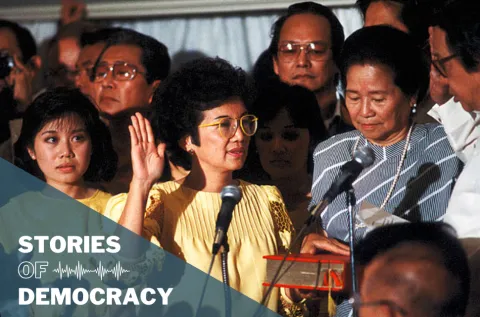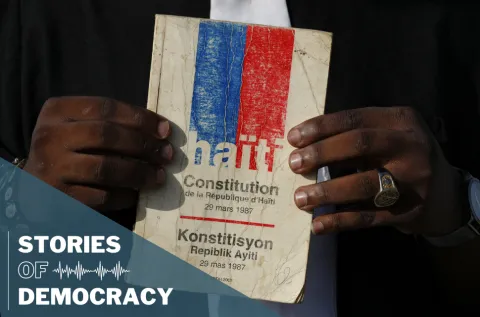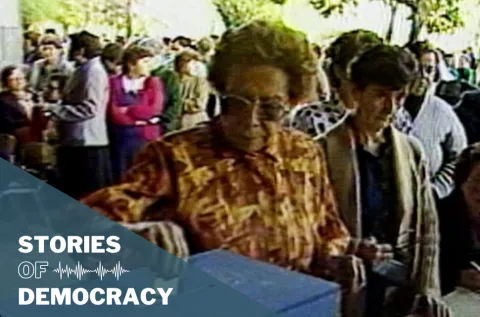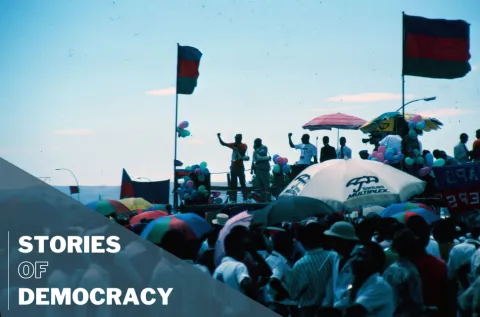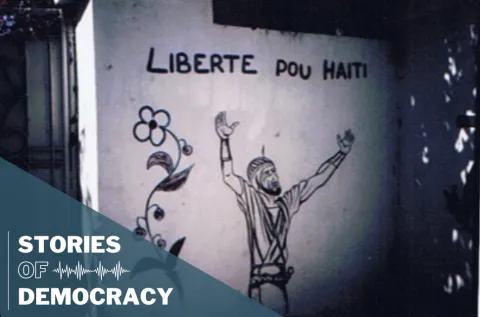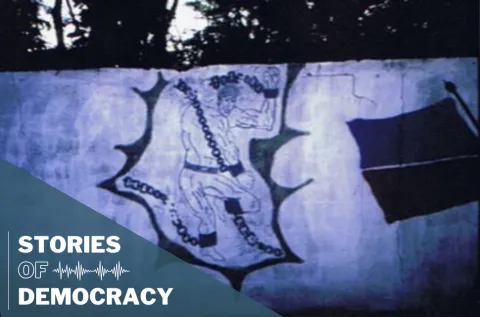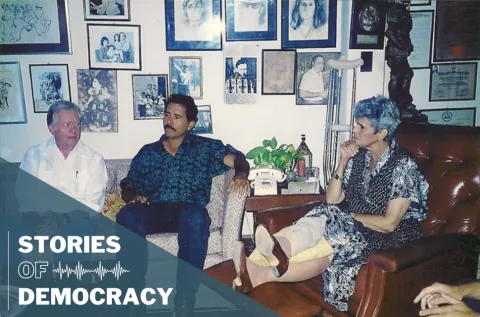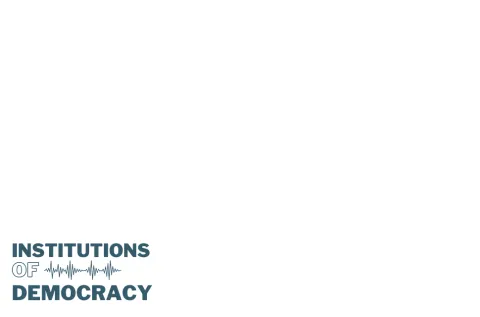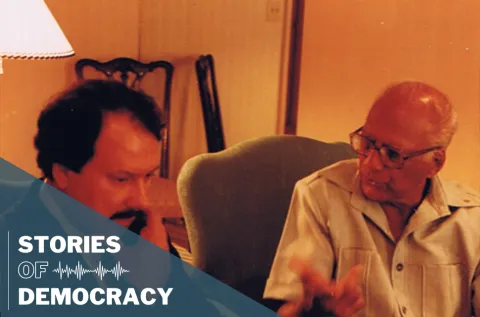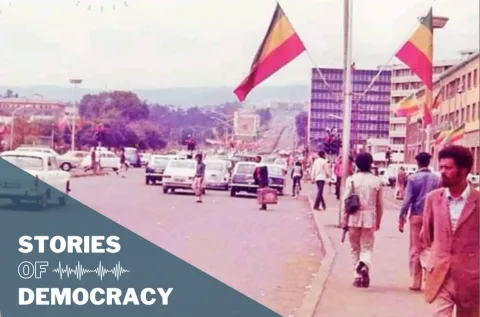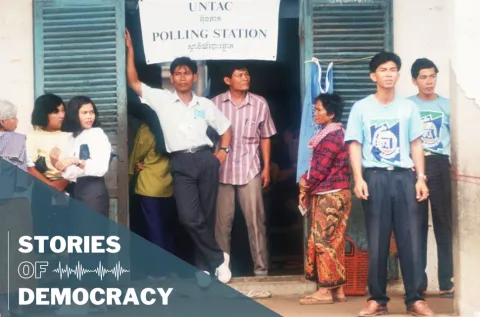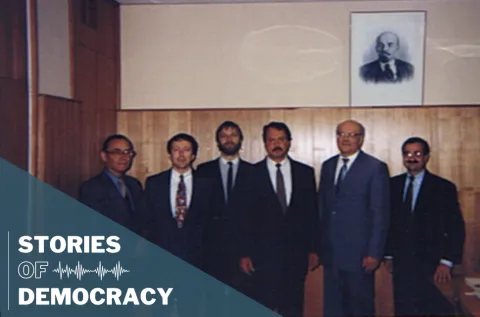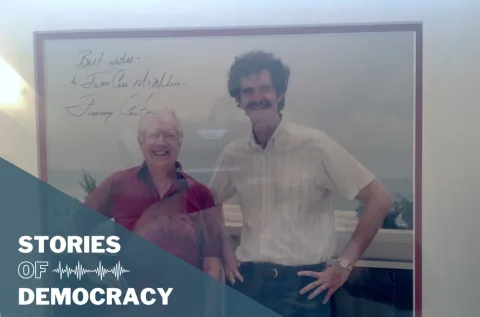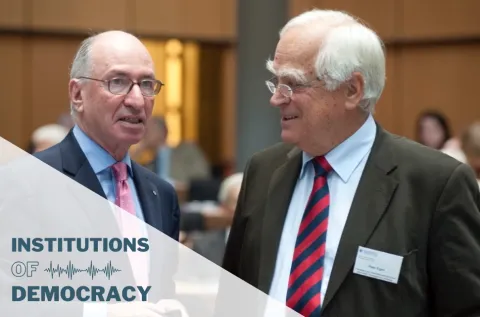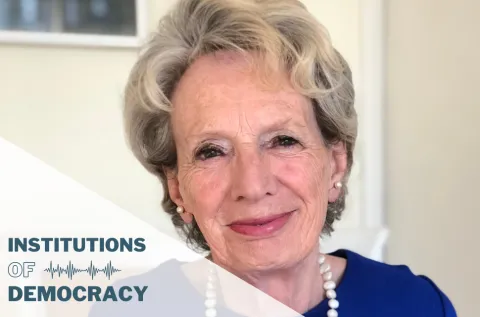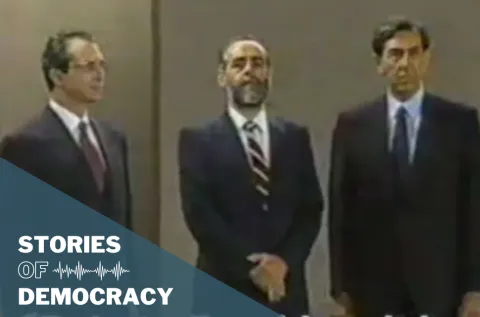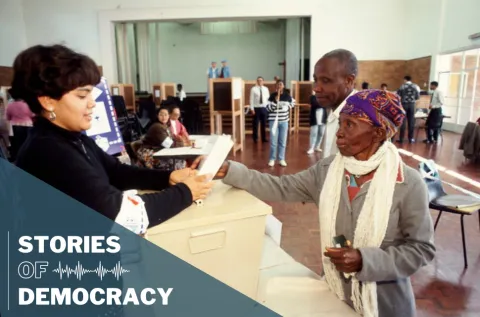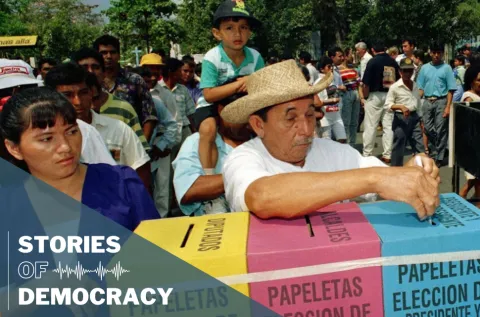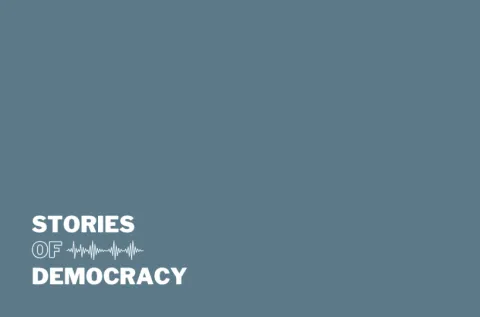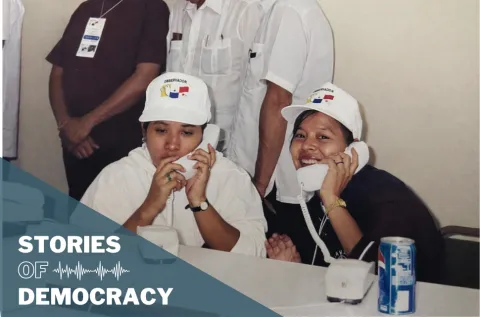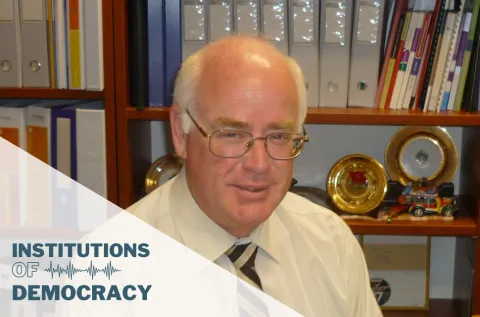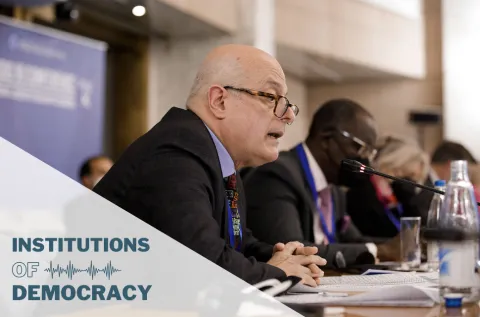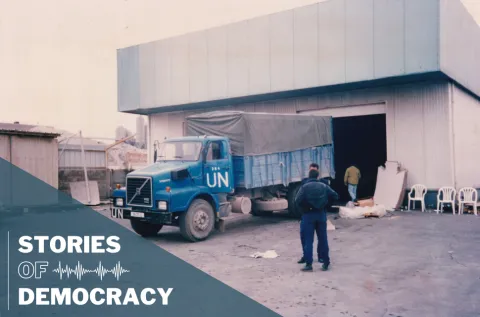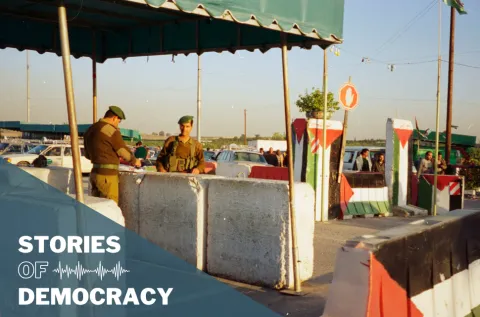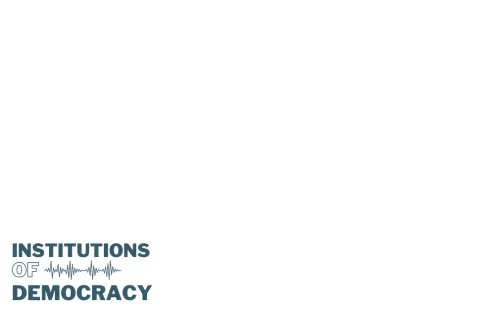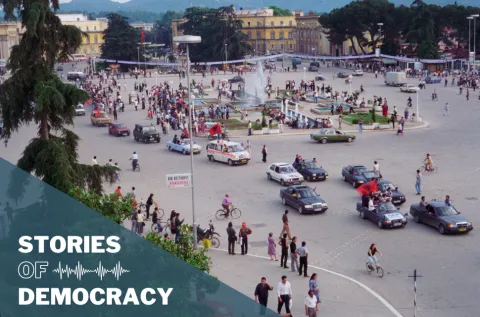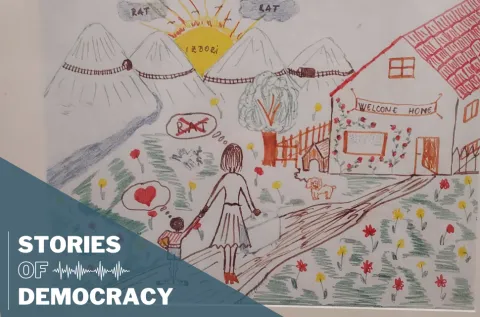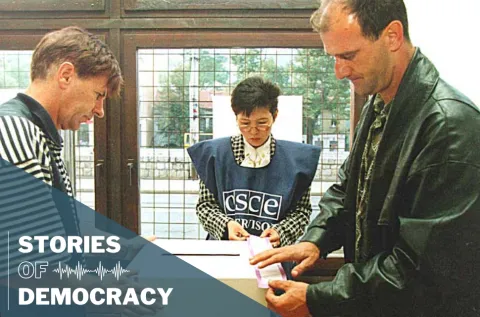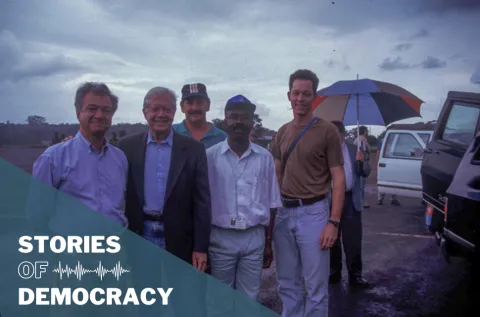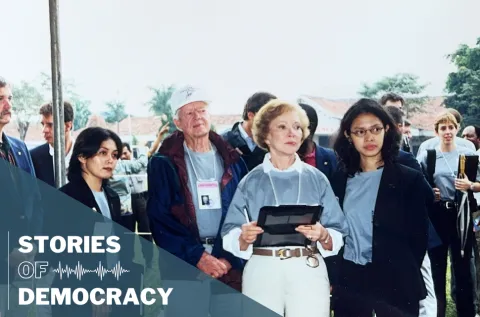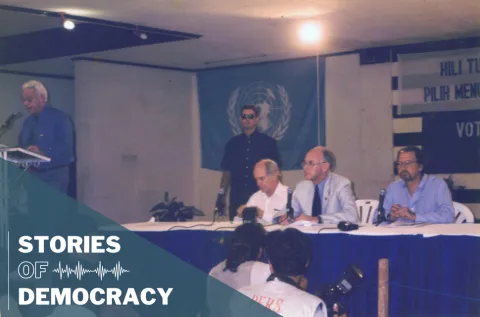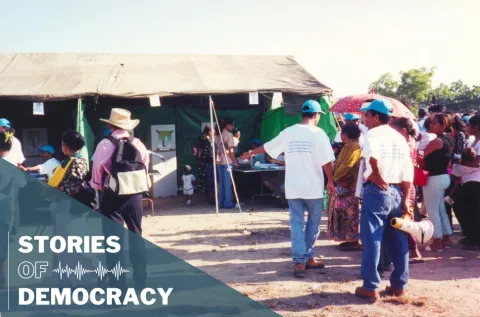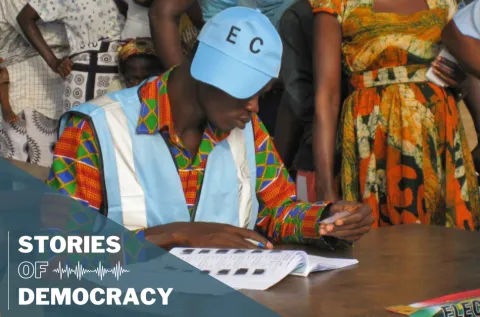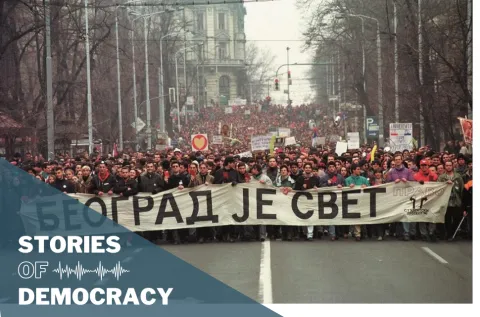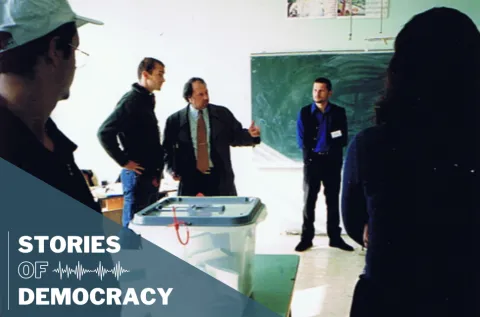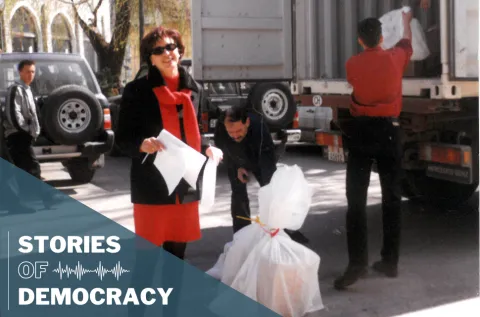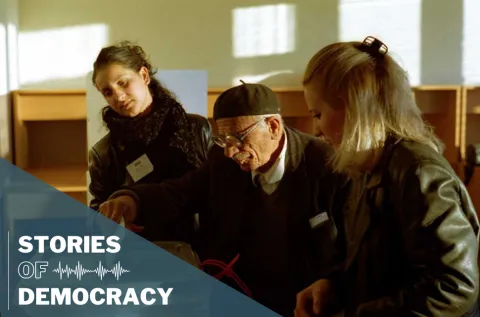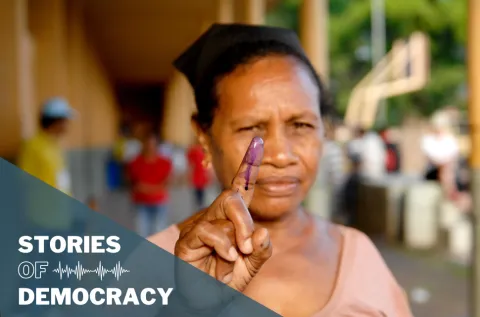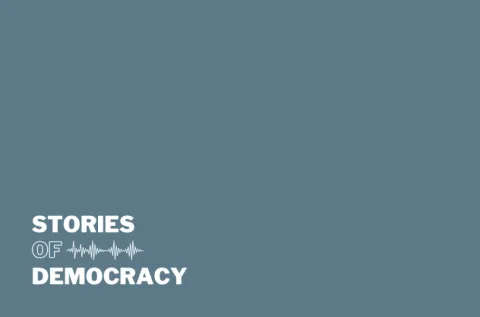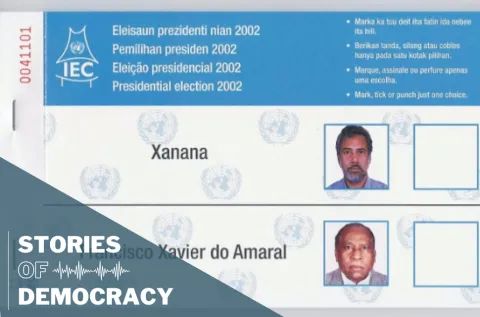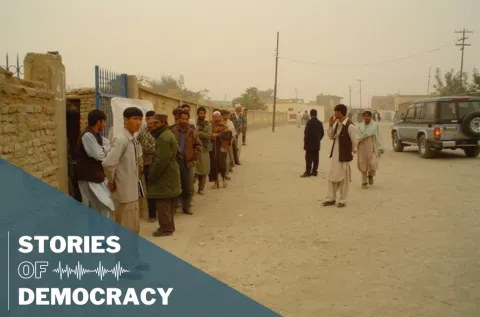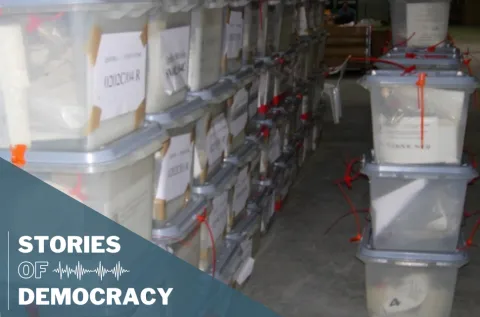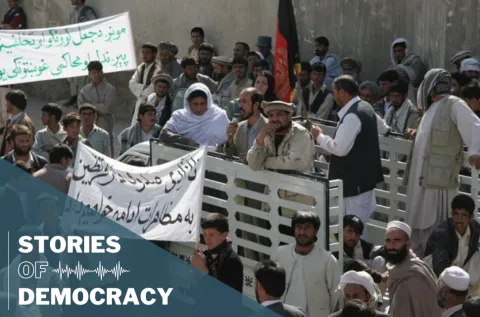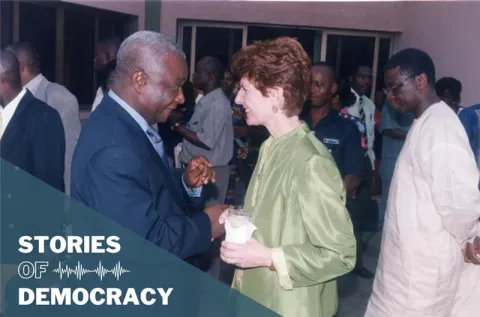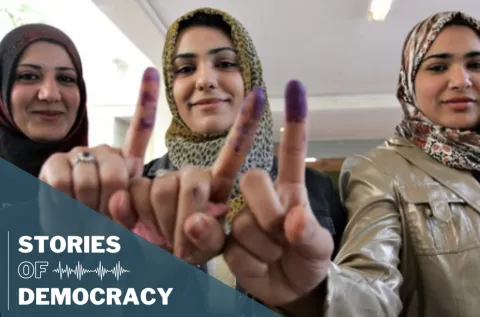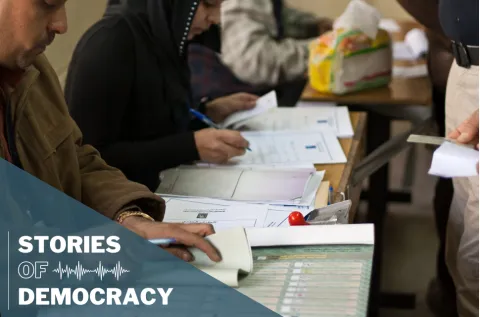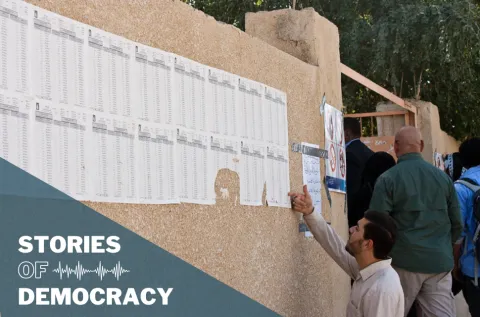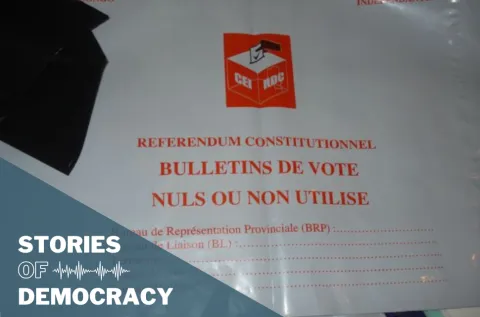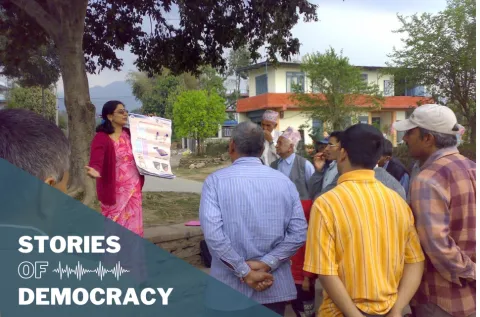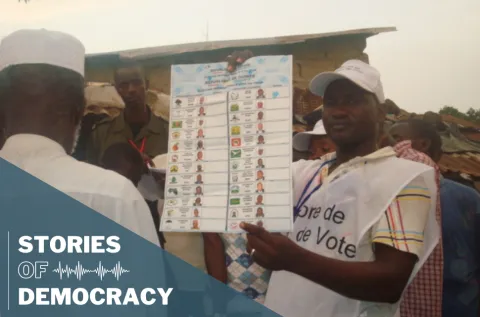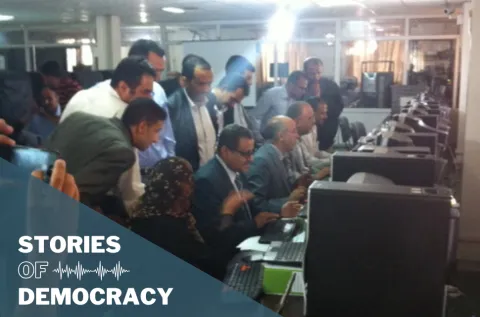East Timor - 1999 - Popular Consultation
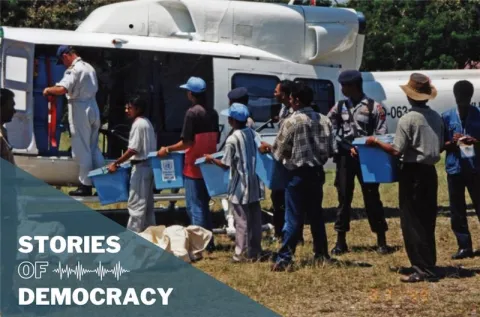
In 1999, the people of East Timor voted overwhelmingly to reject autonomy under Indonesia and instead pursue full independence. The referendum, known as a popular consultation, took place under a United Nations (UN) agreement with Indonesia and Portugal. Although administered by the UN, the vote occurred in an environment of deep instability, as East Timor remained under Indonesian military occupation and pro-Indonesian militias operated with impunity, intimidating voters and international staff alike. Despite these pressures, valid voter turnout exceeded 98%, and 78.5% of voters chose independence.
In this entry, Henrique Arevalo, research assistant at Georgetown University, interviews Johann Kriegler, chair of the UN electoral supervisory body for the popular consultation. Kriegler saw firsthand the immense logistical, political and security challenges facing the vote. He describes the outstanding efforts of the electoral teams to establish operations across rugged terrain with limited infrastructure, minimal telecommunications and linguistic fragmentation. He details the terror tactics used by militias such as Aitarak – backed by elite Indonesian forces – to suppress participation, as well as the violent retaliation that followed the referendum. Despite this, Kriegler emphasises the unwavering resolve of the Timorese people and the integrity of the process, which stood up to both military and political pressure from the Indonesians.
Johann Kriegler, widely recognised for his contributions to electoral justice and post-conflict democratic transitions, is a retired founding Justice of the Constitutional Court of South Africa and a leading authority on electoral administration. He headed his country’s transitional 1994 elections that marked the end of apartheid and went on to chair the permanent electoral management body established thereafter. Subsequent to his involvement in East Timor, he has participated in electoral, judicial and human-rights missions for the UN, the International Bar Association, the International Commission of Jurists, the International Foundation for Electoral Systems and other bodies in some 30 countries spread over five continents, including trouble-spots such as Afghanistan, Iraq, Kenya, Liberia, Maldives, Pakistan, Palestine, Sierra Leone, Sudan, Uganda and Zimbabwe.
The Transcript can be found here and a video recording of the interview can be found here.


